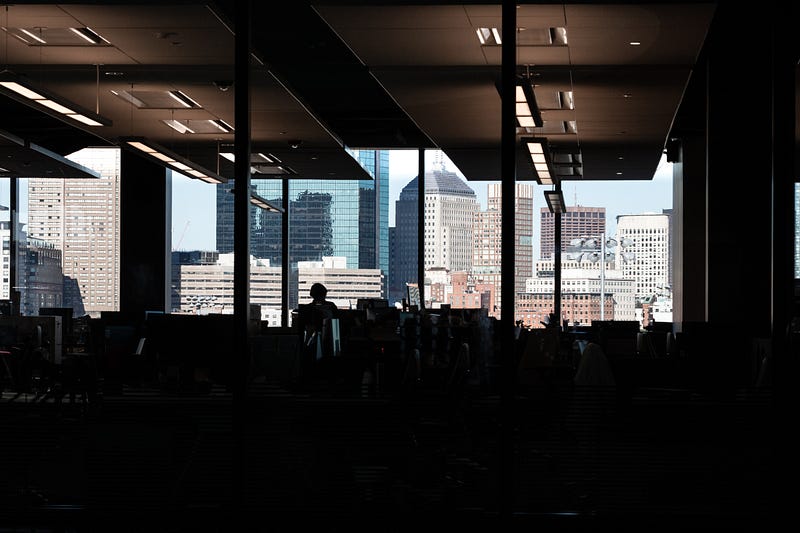Before the beakers: A history of science
By Amanda Zavala, Cell & Molecular Biology, 2020

This summer, for the first time in a long time, I left the lab. I cleaned up my bench, closed all my data files, and went the way of the medieval scientist: I went to England, and I listened to lectures about what Greek philosophers thought makes up the world. Until about the 17th century, this was science — natural philosophy, to be more precise. A natural philosopher theorized about the building blocks of our world, and a theory only had credibility if it was supported by ancient thought. The work of Plato, Aristotle, and other well-known Greek philosophers made up the entirety of the coursework at the University of Oxford when it was founded. Oxford was a major hub of knowledge in the Middle Ages, one of the few not controlled by the church. Students came from around the world to become educated in the arts of rhetoric, grammar, arithmetic, geometry, astronomy, and music in small groups with a resident master.
Over eight hundred years later, Oxford hasn’t forgotten its past. Colleges boast centuries-old traditions, and the student-master relationship has evolved into mandatory personal tutoring. They still have many of their original 13th century buildings, with yellowed limestone arches looming high and Latin mottos carved on every surface. Walking along the cobblestones in Oxfordshire feels like stepping back in time — then you spot an Oxfam thrift store, and maybe stop for ice cream and a bit of shopping. I personally had a wonderful time drinking a smoothie at Europe’s oldest coffeehouse in between visiting the botanical garden and the History of Science Museum.
The History of Science Museum is one of the many gems that brought the England and the Scientific Revolutions Dialogue of Civilizations into being. The Dialogue started as an honors seminar by the College of Engineering professor Dr. Waleed Meleis, but he felt that a lecture on the state of scientific and engineering knowledge in the 20th century was incomplete without the context of how we’ve gotten to where we are. “We live in an era of what’s hot, what’s novel,” Meleis said when I asked about what sparked his interest in the history of science. “Our education is focused on what’s been learned in the last 50 years, but modern science and engineering is based on thousands of years of thought.” The history of science is an orphaned subject, not history, not science, and not appreciated in a modern education. Without the context of how our scientific facts developed, we lose an appreciation for the art of discovery and the work of all the scientists before us. This love of the roots of scientific thought led Meleis to bring students to Italy to learn about how the Renaissance and Scientific Revolution influenced what he dubs the Computational Revolution of the 20th century, and then later to London to emphasize the work of key 17th century scientists.
The history of science is an orphaned subject, not history, not science, and not appreciated in a modern education.
No one better exemplifies why the Dialogue has moved to London or the evolution of scientific practice than Francis Bacon. Born in London and educated at the University of Cambridge in the early 17th century, he was initially a scholar of the medieval curriculum. He had a deep reverence for the philosophy of Aristotle, but was the first to publish in criticism of his work. Whereas the typical natural philosopher believed that the ancients had a sacred knowledge that could be rediscovered through study, Bacon and other prominent scholars of the Scientific Revolution believed in knowledge coming from the observation of nature and experimentation. The change in philosophical beliefs, brought on by disillusionment of the medieval university structure and the influx of information from the New World, led to a willingness to accept ideas outside the realm of what was suggested by the ancient Greeks. For the first time, humanity began to manipulate nature to understand it, and the natural philosopher became the scientist.
From the laboratory, it’s hard to imagine a time when experimentation was controversial. There was a time when we believed that stars revolved around the earth in spherical shells, because the fifth element aether had a natural circular motion. There was a time we thought disease was spread by bad smells and the evil eye. We still know so little, and there may be things we can never learn, but science has come such a long way from lectures about Aristotle. I never realized until I heard the lectures myself.
British Journal of Educational Studies (1971). DOI:10.2307/3120440.
